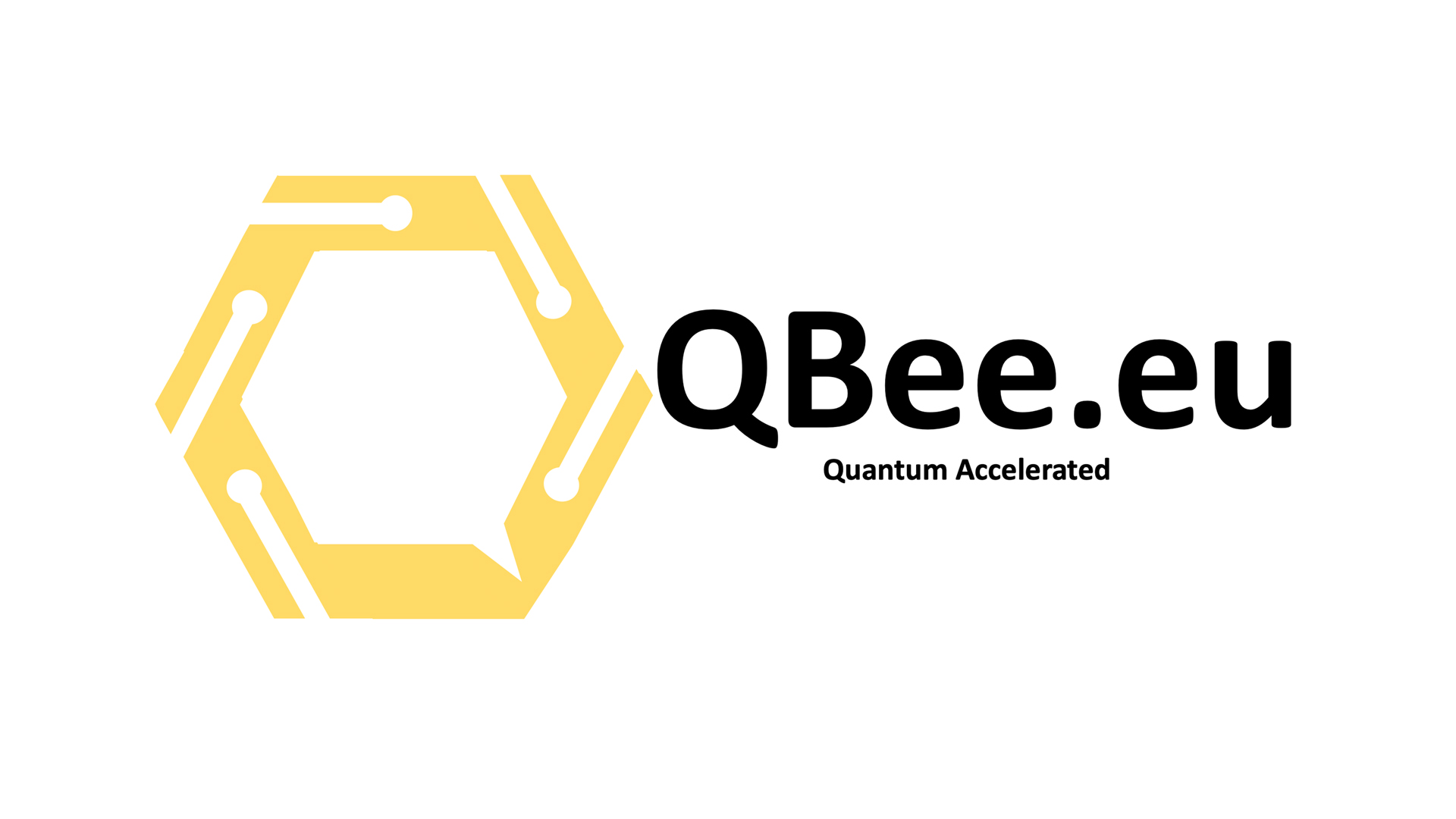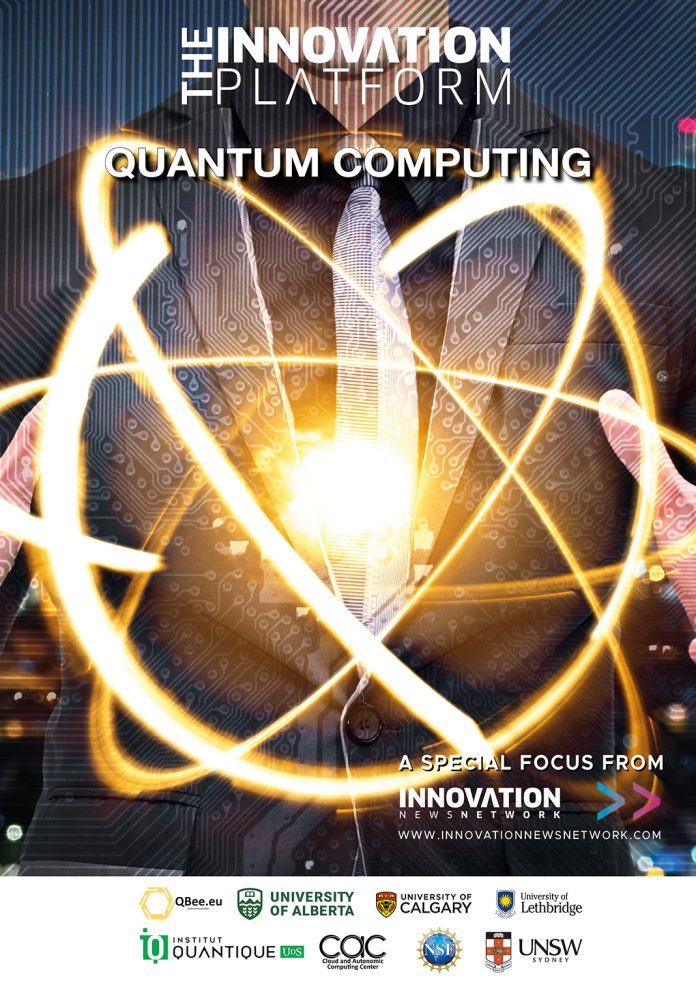Led by experienced researchers, QBee B.V. is advancing quantum applications in several research areas.
Quantum applications are being developed worldwide and are set to be the latest computer technology. New quantum machines will be built on quantum bits, called qubits.
The outstanding challenge in computer hardware technology is that many physical qubit technologies are still competing. Their common problem is that they are not mature yet.
Issues such as limited lifetimes and quantum operations have a high error rate. This makes us lose information and generates unreliable computer values.
The PISQ methodology: Advancing quantum applications
After over 11 years in Delft and working on QC, we realised that more effort is needed in scientific research regarding quantum applications that could solve scientific, industrial, and societal problems.
The notion of PISQ, standing for Perfect (qubits) Intermediate Scale Quantum and Quantum Computing Logic, QC-Logic, is fundamental in this context. That means we can start writing down a Q algorithm using perfect qubits.
It is a virtual concept, meaning the Q gates have no decoherence or errors. Decoherence means we lose all the data we have computed up to that moment as the base states go to the ground state. The mistakes in the Q gates are, for instance, the over or undershoot of the computations. We need much more collaboration to globally define the QC-logic concepts that we can execute and test on quantum simulators and when available, on quantum chips.
QBee has invested in the area of quantum genetics, and we are bootstrapping a closely related field, namely quantum computational chemistry. Moreover, we are looking at space-related challenges, such as quantum satellite image classification.
Overall, we are advancing the field of quantum applications. Contracts are currently being negotiated with two large organisations concerning quantum applications – one in the space field and the other in the military domain.
AREAS OF EXPERTISE
- Quantum software development;
- Quantum micro-architecture for accelerators;
- Various fields of quantum applications, such as chemistry, space, genetics, and encryption; and
- PISQ simulation.
RESEARCH INTERESTS
- New quantum gates;
- Testing and validating Q algorithms; and
- Testing on available Q chips with physical qubits.




